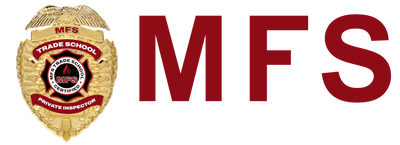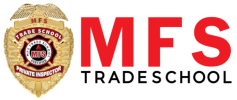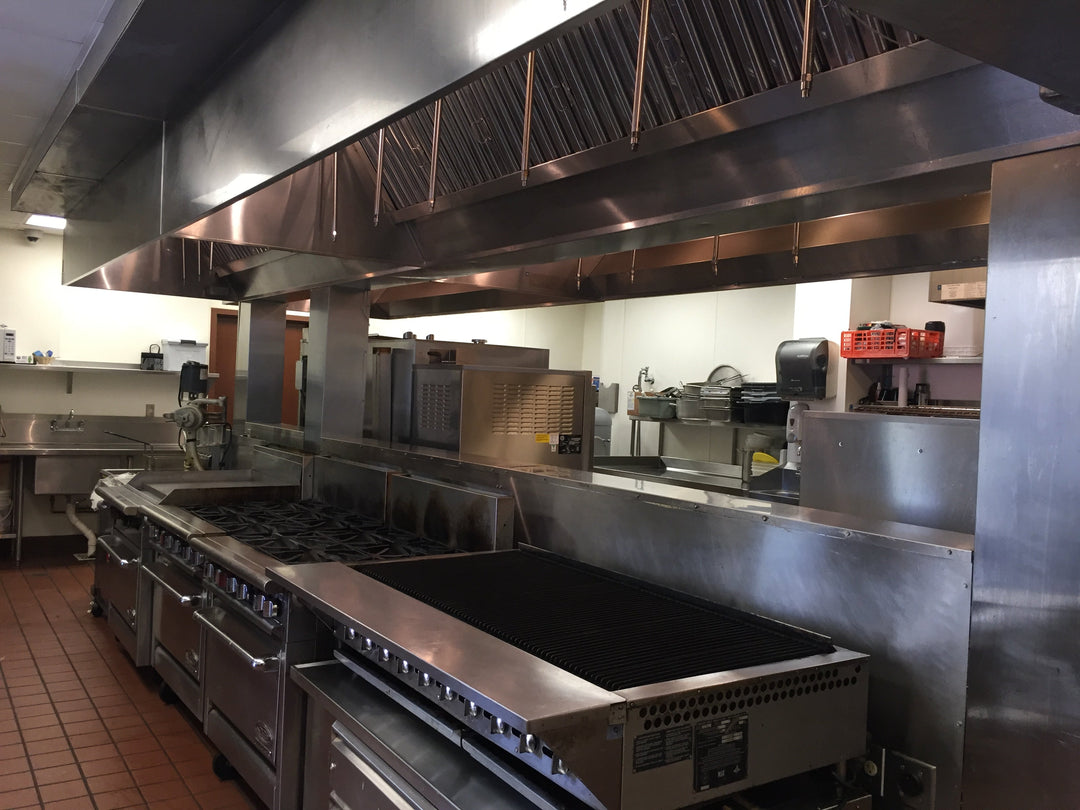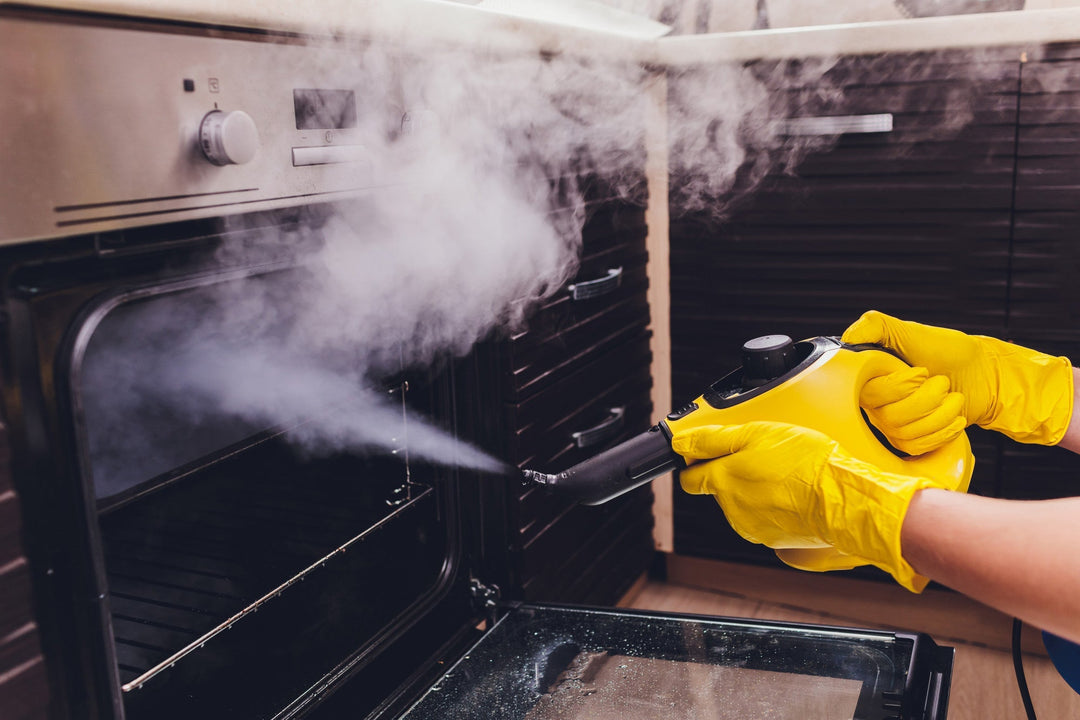DIY vs. Professional Hood Cleaning: Cost and Effectiveness
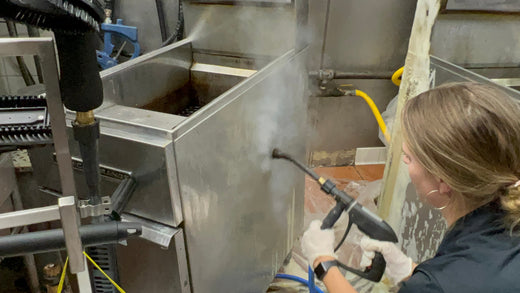
Maintaining a clean and safe kitchen environment is crucial for both home cooks and restaurant operators. Regular cleaning of the kitchen hood is a vital aspect of good kitchen hygiene, as it helps prevent grease buildup, reduces fire hazards, and ensures compliance with health and safety regulations.
When it comes to keeping the kitchen hood clean, restaurant owners and managers face a decision: should they tackle the task themselves or hire a professional cleaning service? Both options have their pros and cons, and the choice ultimately depends on various factors such as budget, time constraints, and the level of expertise required.
In this article, we'll explore the intricacies of kitchen hood cleaning, comparing the benefits and drawbacks of DIY cleaning versus professional services. By the end, you'll have a better understanding of which approach best suits your needs, ensuring that your kitchen remains a clean, safe, and efficient workspace.
What is Hood Cleaning?
Hood cleaning refers to the process of removing grease, dirt, and other buildup from commercial kitchen exhaust systems. Over time, cooking activities lead to the accumulation of grease and grime within the hood, ductwork, and exhaust fans. If left unchecked, this buildup can pose serious fire hazards and compromise the air quality in the kitchen.
Regular hood cleaning is essential for maintaining a safe and hygienic kitchen environment, following essential kitchen hygiene rules. The frequency of cleaning depends on factors such as the volume of cooking, type of cuisine, and local health and safety regulations. Generally, commercial kitchens should have their hoods cleaned professionally every 3-6 months, with more frequent cleanings for high-volume establishments.
Proper hood cleaning involves more than just wiping down the visible surfaces. It requires a thorough cleaning of the entire exhaust system, including the hood filters, grease traps, ductwork, and exhaust fans. This process helps prevent fire hazards by removing flammable grease buildup, improves ventilation efficiency, and ensures compliance with health and safety regulations, highlighting the importance of kitchen hygiene. Professional hood cleaners, like those trained at MFS Trade School, use specialized equipment and techniques to achieve a deep, comprehensive clean that goes beyond what can be accomplished with basic DIY methods. For those looking to gain expertise, hands-on training for exhaust hood cleaning is available through our programs.
DIY Hood Cleaning: Pros and Cons
Pros
Taking on DIY hood cleaning allows for substantial cost reductions; this method cuts out the expense of hiring professionals, making it an attractive option for those mindful of their budget. By managing the cleaning schedule internally, operators can tailor the timing to align with their kitchen's specific needs and workflow, ensuring minimal disruption to daily operations.
Additionally, engaging in the cleaning process provides a deeper understanding of the kitchen's exhaust system. This firsthand knowledge can be instrumental in pinpointing potential maintenance issues early, equipping owners with the insights needed to maintain the system's efficiency and safety over time.
Cons
Despite its advantages, DIY hood cleaning comes with significant challenges that may deter some from pursuing this route. One notable drawback is the extensive time investment required to perform a thorough cleaning. This task can divert valuable time and resources from other critical kitchen duties, which can be especially taxing for establishments with tight schedules.
Moreover, the absence of professional expertise can limit the effectiveness of the cleaning process. Without the right skills and equipment, it may be challenging to fully eliminate the buildup of grease and grime, particularly in less accessible areas, potentially compromising both safety and cleanliness.
Safety considerations also play a crucial role in the discussion of DIY cleaning. The use of potent cleaning agents and the physical demands of navigating the exhaust system introduce risks that necessitate proper safety protocols and equipment. These factors highlight the importance of carefully evaluating the feasibility and risks associated with DIY hood cleaning before proceeding.
Professional Hood Cleaning: Pros and Cons
Pros
Turning to professional hood cleaning services provides a degree of precision and thoroughness that DIY methods often lack. Professionals utilize advanced tools and techniques to eradicate persistent grease and grime, ensuring the exhaust system operates efficiently and safely. Their adeptness in handling various hood configurations means they can adapt their methods to the specific demands of each kitchen setup.
The delegation of cleaning tasks to professionals results in significant time efficiency, allowing kitchen staff to concentrate on core activities that drive the business forward. This shift in focus not only enhances operational productivity but also alleviates the burden of extensive cleaning, enabling staff to maintain their attention on preparing quality dishes and serving customers.
Professional services also play an essential role in adhering to health and safety standards by implementing hygiene practices for professional kitchens. These experts ensure that cleaning practices align with local codes, thus preventing potential fines and safeguarding the establishment's reputation. By maintaining compliance, businesses foster a safer environment for both employees and patrons, contributing to overall operational integrity.
Cons
However, professional hood cleaning services do present certain challenges, particularly in terms of financial considerations. The cost associated with these services may stretch budgetary limits, especially for smaller establishments. While the investment often pays off in terms of safety and performance, it requires careful financial planning to accommodate.
Scheduling with professional services can also introduce complexities. Aligning the cleaning schedule with the service provider's availability may require adjustments to kitchen operations, which could lead to temporary disruptions. Planning well in advance and maintaining clear communication can help mitigate these scheduling issues, yet they remain a logistical aspect to consider when opting for professional cleaning services.
Factors to Consider When Choosing Between DIY and Professional Hood Cleaning
Deciding between DIY hood cleaning and hiring professional services involves evaluating several critical factors that can influence both the process and results of maintaining kitchen safety and cleanliness. Understanding the nuances of each factor will help ensure your choice aligns with your specific operational needs.
Kitchen Exhaust System Complexity
The intricacy and scale of your kitchen's exhaust system are pivotal when determining the suitability of DIY versus professional cleaning. Smaller systems with straightforward designs might be manageable with internal efforts, facilitating regular upkeep without excessive resource allocation. In contrast, intricate systems found in bustling commercial kitchens often demand professional expertise. These setups include elaborate ductwork and advanced components that require specialized knowledge and tools to clean effectively.
Frequency of Use and Grease Accumulation
The extent of your kitchen's operation and the type of cuisine prepared significantly affect grease buildup. High-frequency use, especially in kitchens with grease-intensive cooking styles, accelerates accumulation, necessitating frequent and thorough cleanings. In such cases, professional services ensure comprehensive removal of stubborn grease deposits, maintaining optimal ventilation and minimizing fire risks. Conversely, kitchens with lighter usage may find periodic DIY maintenance sufficient for keeping grease levels under control. For Spanish-speaking business owners, an online course for commercial kitchen exhaust hood cleaning in Spanish is available to help meet compliance and training needs.
Time, Expertise, and Budget Considerations
Consideration of available time and the skill level of your staff is crucial when opting for DIY cleaning. If your team lacks the skills or time to perform detailed hood cleaning, professional services provide a practical alternative, ensuring thoroughness and regulatory compliance. Budgetary considerations are also key—while professional cleaning involves costs, it often delivers value through enhanced safety and efficiency, potentially offsetting initial expenditures over time. Weighing your maintenance budget against the benefits of professional expertise will aid in making an informed decision.
Compliance with Health and Safety Standards
Ensuring adherence to local health and safety rules in the kitchen is essential in the food service industry, impacting the choice between DIY and professional cleaning. You can find FAQs about kitchen exhaust hood cleaning certifications to better understand the requirements and certifications involved.
Maximizing the Effectiveness of Professional Hood Cleaning
To enhance the longevity and performance of your kitchen's exhaust system, leveraging the full benefits of professional hood cleaning services is essential. Tailoring a cleaning schedule to match the intensity of your kitchen's operations is a wise strategy. Generally, kitchens with moderate usage might suffice with scheduled services twice a year, whereas those handling high grease volumes could benefit from more frequent interventions. This approach ensures the system remains efficient and free of obstructions.
In between professional cleanings, implementing a diligent routine of daily and weekly upkeep tasks is crucial. Regularly addressing surface grease and ensuring filters are clear can significantly curb the accumulation of residue, thereby extending the cleaning cycle and maintaining high kitchen hygiene standards. For those interested in learning more, an online course for kitchen exhaust hood cleaning is available to provide training and certification.
Engagement with your cleaning service should be characterized by transparent dialogue. Clearly articulating any particular areas of concern or unique requirements ensures the service aligns with your specific operational needs. Furthermore, ensuring that the service provider uses industry-standard cleaning techniques and approved chemicals reassures that both safety and compliance with regulations are upheld, preserving the integrity of your kitchen environment.

Choosing the Right Hood Cleaning Service
Selecting an ideal hood cleaning service involves assessing several important elements. Start by identifying companies that demonstrate a strong history in the field—experience indicates not just proficiency but also establishes a foundation of reliability. For business owners, hands-on coaching for restaurant cleaning businesses can provide valuable insights and skills.
Ensure that the company holds the necessary licenses and insurance. These credentials are crucial, confirming the company's adherence to local standards and regulations, which are essential for maintaining operational integrity. Insurance coverage offers an extra layer of protection against potential mishaps during the cleaning process, giving you confidence that your kitchen is in safe hands.
Dig deeper into the service provider's approach to cleaning. Request detailed information about their techniques, tools, and chemical products—this understanding will help you evaluate whether their methods suit the specific needs of your kitchen. It's important to confirm that the cleaning agents used are compatible with your equipment and environmentally sound, as this impacts both equipment longevity and environmental responsibility.
Finally, acquiring a comprehensive quote and service agreement is vital before any work begins. This documentation should clearly outline the services to be provided, pricing, and any pertinent terms, minimizing the possibility of misunderstandings or hidden costs. A detailed agreement reflects the service provider's professionalism and sets the stage for a successful partnership that can support your kitchen’s ongoing maintenance needs.
Whether you choose to tackle hood cleaning yourself or enlist the help of professionals, maintaining a clean and safe kitchen environment is paramount. By carefully considering factors such as kitchen complexity, cleaning frequency, and compliance with health and safety standards, you can make an informed decision that best suits your establishment's needs. If you're ready to take your cleaning skills to the next level and grow your business, explore and enroll in training courses with us at MFS Trade School, where we provide the expertise and support you need to succeed in the competitive world of commercial kitchen maintenance.
